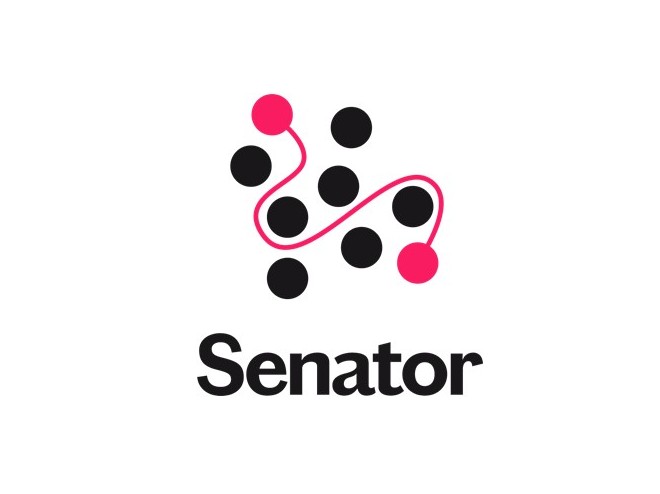SENATOR Project Kicks off: a new urban logistics model
SENATOR is a new Horizon 2020 project in the field of logistics whose main objective is to provide 4 governance schemes for urban planning policies: User demand planning, Transport planning, Freight & Logistics planning and City infrastructure focused. During its 4 year duration, SENATOR aims to create a new urban logistics model focused on the four urban layers: end-receiver, transport, logistics and infrastructure. The initiative was launched virtually from 22nd to 24th September and will be coordinated by Correos. For this purpose, the project will develop a smart network operator supported on an ICT Platform for integrated logistics operation. The platform will act on 4 levels in an integrated manner taking into account demand, the fleet and its multimodal options, intelligent route planning and urban infrastructure analysis, all in a dynamic manner. This allows the optimisation of freight delivery services in urban areas, leading to decrease the number and distance of delivery routes by real-time information, predictions & planning optimisation based on Artificial Intelligence algorithms. Moreover, it connects freight delivery services & collection points and it integrates all freight delivery requirements into urban planification. In order to test its effectiveness, Senator will be validated in a real environment in 2 Living Labs: in Zaragoza (Spain) and Dublin (Ireland), led by Correos (State Postal and Telegraph Society). To face these challenges, Correos will work with an international consortium that includes companies and institutions from five European countries: Spain (University of Deusto, Zaragoza City Council, Zabala Innovation Consulting, DotGIS), Ireland (Dublin City Council, University College Dublin), Germany (Software AG), United Kingdom (MDS Transmodal LTD.) and Italy (RINA-C Consulting). The project, named “Smart Network Operator Platform enabling Shared, Integrated and more Sustainable Urban Freight Logistics”, will manage a 4 million euros funding. Thus, it is financed as one of the three proposals in its area within the transport work programme (LC-MG-1-10-2019: Logistics solutions that deal with requirements of the ‘on demand economy’ and for shared-connected and low-emission logistics operations), framed in the social challenges of Horizon 2020. Challenges and the contribution of SENATOR: The European Union is facing the need for sustainable urban development due to the expected demographic evolution in cities. In addition, the shift in consumer trends towards shared and connected services, e-commerce and better environmental conditions in cities require new approaches to improve this part of the supply chain. The unresolved challenges of logistics in urban, metropolitan and peri-urban areas that SENATOR aims to solve are mainly the increasing demand for products by users/citizens, the increase in associated costs and the atomisation of the sector, the congestion caused by the distribution of goods in urban centres and the resulting environmental consequences. SENATOR project’s platform will work as a support tool for decision making, integration and planning of all logistics operations. In consequence, it will minimize the negative impacts that this distribution causes in the cities and will constitute an effective means of collaboration between agents (operators, transporters and administrations, as responsible for urban planning). To develop it, the project will take into account all the possibilities that the digitalisation of information and the integration of the Internet of things in transport provides, as well as the trends in connected and even autonomous vehicles.



